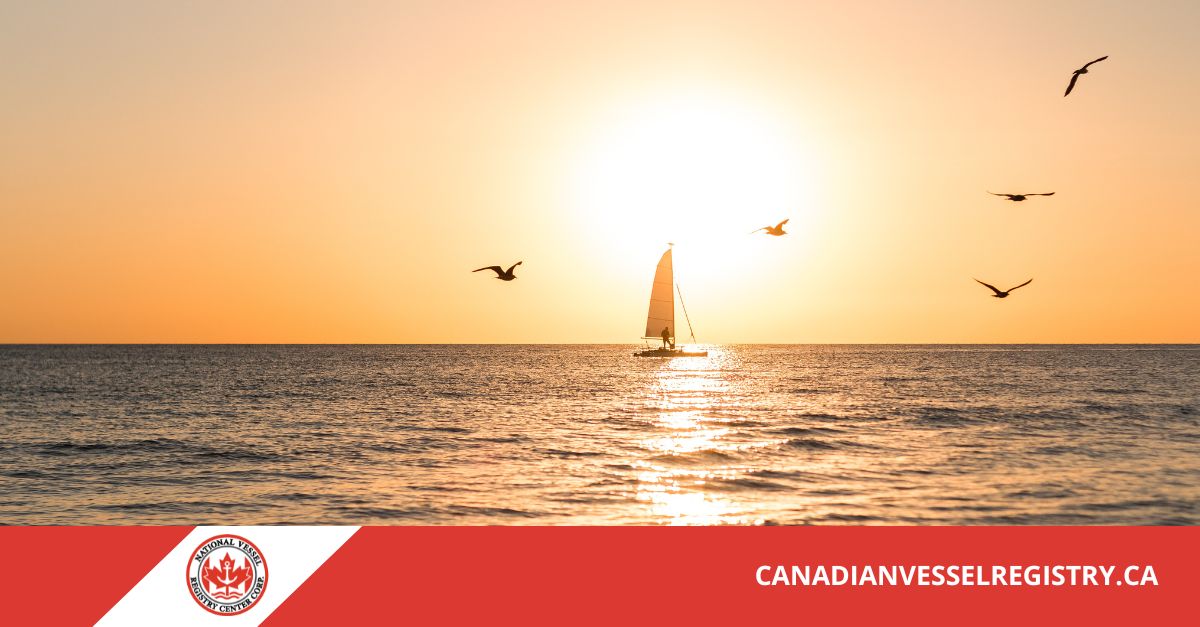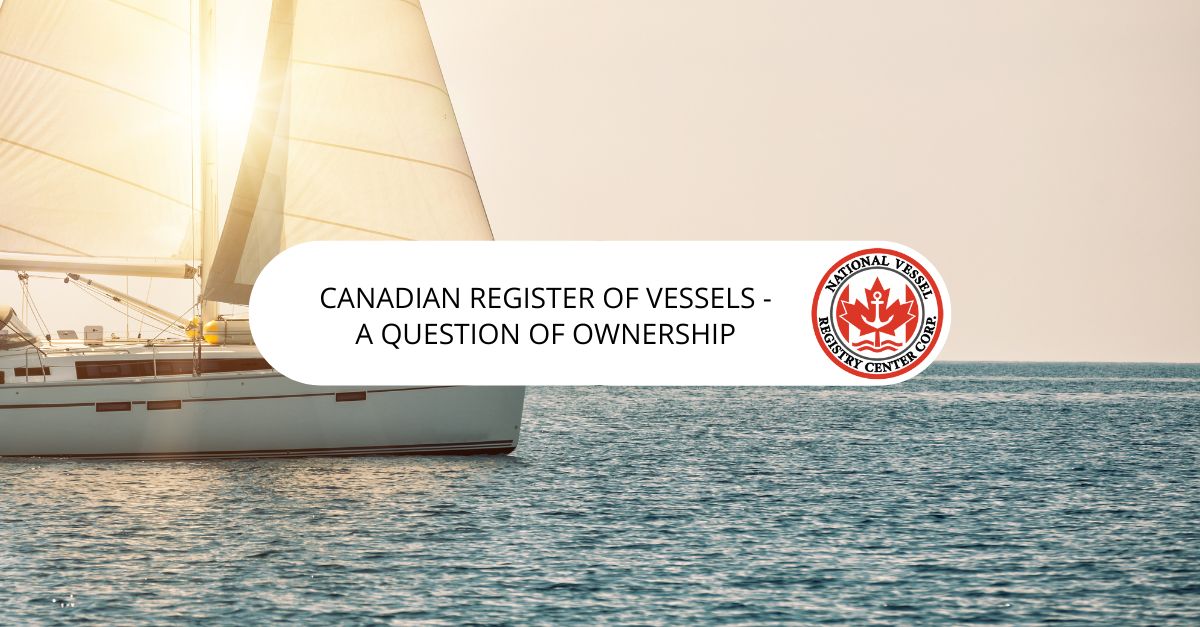Registration is a process that involves establishing ownership of a given vessel. The Canadian Register of Vessels is a database that contains such information and is very similar to the title system that is used for registering land ownership. Registration allows you to gain approval for your boat’s name, prove mortgage registration and provide proof of ownership. Here’s everything you need to know about the process.
Who is Legally Allowed to Own a Boat in Canada?
You must adhere to rules regarding whether you can own a boat in Canada. The following must apply. This varies depending on whether the boat is licensed or registered.
A registered boat can be owned by:
- Canadian citizens
- Permanent residents in Canada
- Canadian corporations
- Canadian governments, both federal and provincial
- Foreign corporations, but must have a Canadian authorized representative.
Boats cannot be registered to foreign citizens, partnerships or trusts.
A licensed boat can be owned by:
- Any person or organization, by a maximum of 2 people
Types of Boat Ownership on the Canadian Register of Vessels
A registered pleasure craft is divided into 64 shares, which are owned by an individual or a group of joint owners, with five being the maximum allowed. A share cannot be divided. To register your vessel in the Canadian Register of Vessels, the following must apply:
- More than 2 people share ownership
- To specify joint or individual ownership
The following rules apply to individual ownership:
- Each owner owns a set number of shares (this doesn’t have to be equal)
- Can sell or give away their shares without the other owner’s permission
- If both owners want to sell shares, two transfer of ownership documents must be completed and a separate bill of sale must be signed
- If an owner dies, his or her shares are transferred to his or her executor.
The following rules apply to joint ownership:
- Each owner owns the same number of shares
- All owners must consent to the sale or giving of shares to another person
- If two owners want to sell their shares, one transfer of ownership is needed, but both must sign the bill of sale
- If an owner dies, his or her shares transfer to the surviving joint owner
Differences Between Commercial and Pleasure Boats
Understanding what type of vessel you own and what its purpose is can help you determine whether it should be registered or licensed.
Commercial vessels:
- A boat that carries paying passengers
- People are on board as a job (separate from the crew)
- The vessel is used to provide a service
- It’s a government vessel
Pleasure craft:
- Recreational reasons
- Sports (fishing, water skiing, etc.)
- Daily living (but not for business or employment)

Understanding ownership regulations and guidelines helps you, as the boat owner, complete the appropriate paperwork and report to the correct authorities that pertain to your vessel.
Do you need help with your ownership or do you have questions about how the Canadian Register of Vessels works? We are here to help. Contact Canadian Vessel Registry today and we’ll give you the assistance you need, each step of the way.

